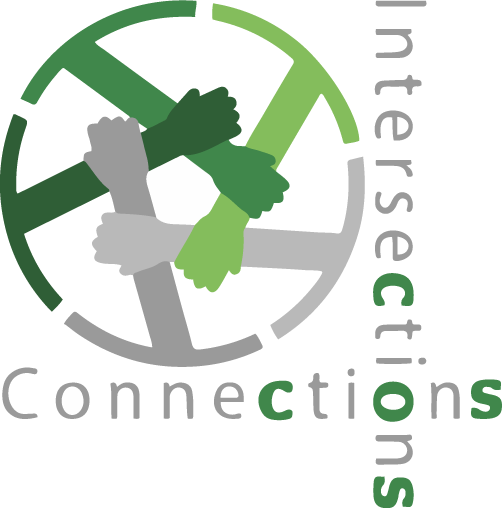Proposal Title
The Intersections of Self-Stigma, Childhood, and Disability: A Review of the Literature
Abstract
Stigma is a commonly studied and often discussed subject, but significantly less discussed is the area of self-stigma. Self-stigma is the agreement and internalization of societal's stigma toward oppressed populations. It has the impact to negatively inform self-concept development, resiliency, and confidence. This presentation reviews the literature regarding self-stigma as it relates to invisible disabilities, or disabilities that are not readily apparent to the general public, allowing an individual to "pass" as neurotypical. This presentation further explores the research completed with both adults as well as children and evaluates if enough has been completed to generate a comprehensive understanding of the phenomenon. Per review, it is suggested that self-stigma has significant theoretical backing when measured quantitatively; however, qualitative information is lacking and discussions of self-stigma formation in childhood is nonexistent. More emphasis is placed on adult experiences or adult perceptions of childhood experiences. Further research is needed to evaluate the intersections of disability, childhood, and self-stigma. Suggestions regarding future research as well as details of research development to evaluate this intersection will be presented to address this gap in the literature.
Start Date
27-3-2019 5:40 PM
End Date
27-3-2019 6:30 PM
Room Number
U-Hall 3-087
Presentation Type
Ph. D. Presentation
Disciplines
Child Psychology | Counseling Psychology | Disability Studies | School Psychology
The Intersections of Self-Stigma, Childhood, and Disability: A Review of the Literature
Stigma is a commonly studied and often discussed subject, but significantly less discussed is the area of self-stigma. Self-stigma is the agreement and internalization of societal's stigma toward oppressed populations. It has the impact to negatively inform self-concept development, resiliency, and confidence. This presentation reviews the literature regarding self-stigma as it relates to invisible disabilities, or disabilities that are not readily apparent to the general public, allowing an individual to "pass" as neurotypical. This presentation further explores the research completed with both adults as well as children and evaluates if enough has been completed to generate a comprehensive understanding of the phenomenon. Per review, it is suggested that self-stigma has significant theoretical backing when measured quantitatively; however, qualitative information is lacking and discussions of self-stigma formation in childhood is nonexistent. More emphasis is placed on adult experiences or adult perceptions of childhood experiences. Further research is needed to evaluate the intersections of disability, childhood, and self-stigma. Suggestions regarding future research as well as details of research development to evaluate this intersection will be presented to address this gap in the literature.




